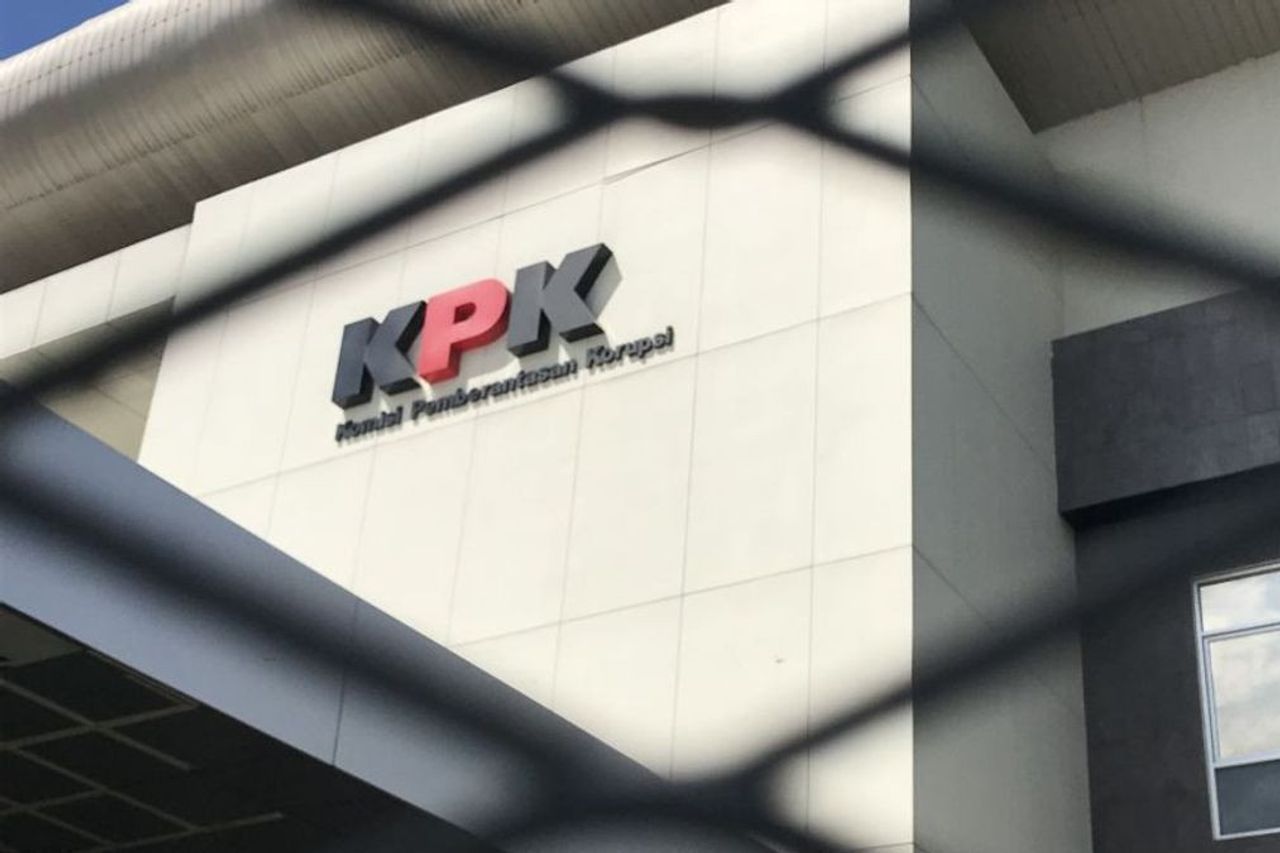When KPK Detainees Request Additional Facilities At The Detention Center

JAKARTA - Detainees at the Corruption Eradication Commission (KPK) detention letter requesting additional facilities in the form of a refrigerator and stove on the grounds that the food sent by their family can be preserved and heated repeatedly. The KPK, who received this letter, said that the detainees must be able to understand their condition and not ask for extra facilities.
The petition letter was signed by a former member of the Indonesian Parliament and chairman of the United Development Party (PPP) Romahurmuziy (Romy) who was the defendant in the bribery case of buying and selling positions at the Ministry of Religion; as well as a member of the DPR RI from the Golkar Party political faction, Markus Nari who stumbled on the electronic KTP megacorruption case and 16 other people were scattered.
They demanded that the KPK provide a food heater in the form of a gas or electric stove and a refrigerator in order to prevent the food given by their families from spoiling quickly.
Moreover, according to these detainees, the food provided by the remand center with a budget of Rp. 32 thousand / day for three meals did not meet nutritional standards and was even below the standard for their daily basic calorie needs. So, they need a food heater or refrigerator while facing the month of Ramadan.
"In the case that the detention center does not have a budget for provision, hopefully our family can allow it to send it from home with the knowledge of the head of the detention center (Karutan)," said the letter, as quoted by VOI on Thursday, April 23.
Their next request is that they don't want to wear orange vests when doing video conferences with their families. Since the COVID-19 pandemic, the KPK has changed the schedule of visiting families in detention centers to video conferences with the aim of cutting off the spread of the virus.
They think that the use of an orange vest during a video conference will have a psychological influence on them and their families, especially children.
"The implementation of video conferences to replace family visits during the lockdown period due to COVID-19 in order to maintain the mental health of prisoners, should not be accompanied by the imposition of prison vests. Because this causes trauma to families at home, especially children," they emphasized.
Acting KPK spokesman for prosecution Ali Fikri said the KPK had provided food and proper treatment to prisoners, of course with the applicable rules, namely Permenkumham Number 6 of 2013 concerning Procedures for Correctional Institutions and State Detention Centers.
Ali ensured that the prisoners were given three meals with menus that changed according to schedule. "The food has taken into account the aspects of budget, cleanliness and nutritional adequacy," said Ali.
He detailed some of the menus that are usually served for residents of the KPK detention center. In the morning, the detainees usually took turns getting a menu of chicken porridge, green bean porridge, lontong sayur, bread or cake and a box of milk or ginger.
Then at lunch and dinner, the prisoners received a menu of white rice with selected and alternate side dishes such as fish, meat, chicken, eggs, and vegetables and fruit.
"The food menu for detainees is prepared every 10 days. For catering needs with the approval of the KPK detention center doctor to ensure adequate nutrition and potential health risks of each prisoner," he said.
From fulfilling this need, Ali said, there was no longer any reason for the prisoners to ask for a refrigerator and stove. Moreover, based on Permenkumham Number 6 of 2013 Articles 4 (9) and (13) prohibit each prisoner from completing the remand center with refrigerators, fans, televisions, and / or other electronic devices.
Ali also emphasized that regarding eating for sahur and breaking the fast, the KPK will provide food according to schedule in the month of Ramadan. The food served is also of course fresh and fulfills the nutritional aspects.
Meanwhile, with regard to requests to remove prison vests during a video conference, said Ali, this could not be done. Because, this is an obligation that must be used by them.
Finally, Ali then asked the detainees to differentiate the conditions when they were outside the KPK detention center and when they were detained. So, there is no need to ask for facilities excessively from the leadership, especially through letters.
"We need to remind you that detainees must understand that there are different conditions in detention so they should not ask for excess facilities," he said.
"The KPK is also obliged to comply with the applicable rules in the management of detention centers," Ali concluded.
